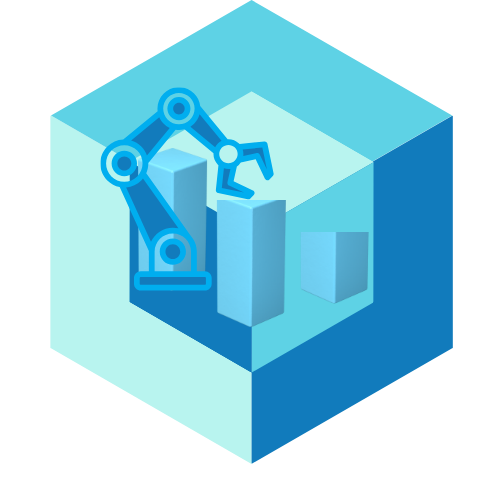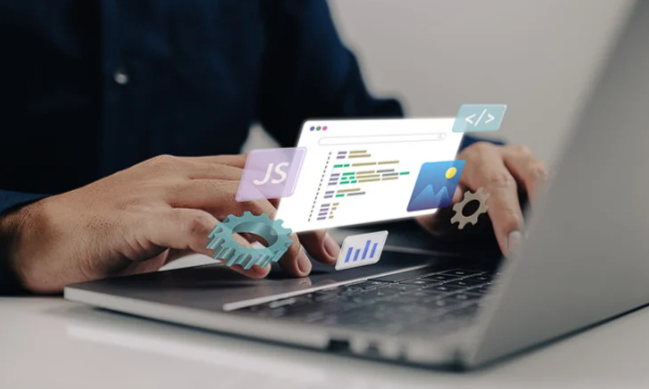Why Website Builders Are a Game-Changer for Beginners
Let’s be honest—building a website used to sound like something only programmers or graphic designers could pull off. If you’ve ever stared blankly at HTML code or felt overwhelmed trying to figure out WordPress plugins, you’re not alone.
But here’s the good news: you don’t need to be tech-savvy to build a stunning, functional website anymore. Website builders today are like those super-friendly GPS systems that guide you every step of the way—no detours, no stress.
In this guide, we’ll explore the best website builders for non-tech users and break it down in plain English. Whether you’re a small business owner, coach, creative, or just trying to get your passion project online, this is for you.
What to Look for in a Website Builder When You’re Not Techy
Ease of Use
Think drag-and-drop simplicity—like organizing fridge magnets.
Pre-designed Templates
Why design from scratch when you can start with a beautiful head start?
Customer Support
24/7 help means someone’s always there to untangle your tech knots.
Mobile Responsiveness
Your site should look amazing on phones and tablets—automatically.
Built-in Features
From forms to email marketing, built-in = less setup for you.
Top Website Builders That Won’t Break Your Brain
Wix – The All-Around Champion
Why Beginners Love It
Wix is like the iPhone of website builders—intuitive, sleek, and loaded with features you didn’t even know you needed. With over 800 templates and true drag-and-drop functionality, it’s perfect for visual thinkers.
Pros
- Extremely easy to use
- App Market for added functionality
- Built-in SEO tools
Cons
- You can’t switch templates once your site is live
- Slightly overwhelming with so many features
Squarespace – Where Style Meets Simplicity
Why It’s a Favorite for Creatives
If you’re looking for “instant beauty” without needing to design anything, Squarespace is your go-to. It’s like walking into a home that’s already perfectly decorated.
Pros
- Gorgeous, professional templates
- Built-in analytics and marketing tools
- Great for image-rich sites (photographers, designers, bloggers)
Cons
- Less intuitive than Wix for absolute beginners
- Limited third-party integrations
Weebly – A Solid Starter Option
The Quiet Achiever
Owned by Square, Weebly is simple, affordable, and ideal for beginners focused on getting online fast.
Pros
- Drag-and-drop editor
- Built-in eCommerce features
- Budget-friendly pricing
Cons
- Limited customization
- Templates not as polished as Squarespace or Wix
GoDaddy Website Builder – The Speed Demon
Quick Setup, No Fuss
GoDaddy’s builder is all about speed and ease. If you’re in a rush to launch, this might be your best friend.
Pros
- Fastest setup on this list
- Built-in marketing tools
- AI-generated site creation
Cons
- Less control over design
- Fewer template choices
Zyro – Budget-Friendly & Smart
An Underdog with AI Power
Zyro is newer on the scene but brings some exciting tools like AI content generators and heatmaps to help optimize your site.
Pros
- Very affordable
- AI-powered tools
- Great for small sites
Cons
- Fewer features than bigger players
- Limited template variety
Choosing the Right Builder for You
Ask Yourself These Questions:
1. What’s the purpose of your website?
Blog? Portfolio? Online store? Knowing your goal helps you choose.
2. Do you plan to sell things online?
If yes, prioritize builders with solid eCommerce capabilities (Wix, Weebly, Shopify).
3. How much design freedom do you want?
Want to move everything pixel by pixel? Go with Wix. Prefer set layouts? Try Squarespace.
4. What’s your budget?
Most builders offer free trials, but long-term pricing varies. Watch for hidden costs like email or domain upgrades.
Tips to Make Website Building Even Easier
Stick with Templates
Templates are like pre-assembled IKEA furniture—you just add your content.
Use Dummy Text & Images First
Play around with placeholders until you get the hang of it.
Lean on Support
If you’re stuck, don’t suffer in silence—most platforms have help centers and live chat.
Don’t Obsess Over Perfection
Done is better than perfect. You can always update later.
Why “Non-Tech” Doesn’t Mean “Non-Capable”
Remember this: not knowing how to code doesn’t mean you can’t create a brilliant website.
Think of website builders like a hybrid car. You’re still in the driver’s seat, but there’s a smart engine behind the scenes making things easier. You bring the vision; the builder handles the tech.
It’s your message, your story, your business. And with the right builder, you’ll have the confidence to launch it to the world—without calling your cousin who “knows computers.”
Conclusion
If you’re not tech-savvy, the idea of building a website might feel like scaling a digital Mount Everest. But today’s best website builders are more like scenic gondolas—taking you to the summit with ease, style, and just a few clicks.
From Wix’s flexibility to Squarespace’s design magic, there’s a tool for every non-techie dreamer. All you need to do is choose the one that fits your vibe, drag, drop, and hit publish.
Your audience is waiting. Your website is just a few clicks away.
FAQs
- What is the easiest website builder for absolute beginners?
Wix is often considered the easiest due to its drag-and-drop editor and flexible design tools. - Can I build a website without knowing how to code?
Absolutely. Website builders are made so you can build professional sites with zero coding knowledge. - Which builder is best for selling products online?
Wix, Shopify, and Squarespace all offer solid eCommerce features, but Shopify is the gold standard if you’re focused only on selling. - Do I need to buy a domain separately?
Most builders offer a free domain for the first year with a paid plan. Otherwise, you can buy one separately. - Can I change my website builder later?
You can, but it’s not always easy. It often means rebuilding your site from scratch on the new platform.


